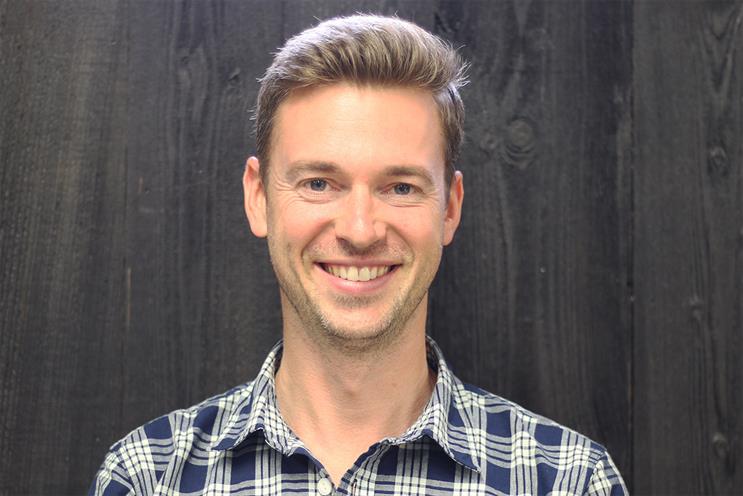Fake news. Clickbait. Russian sabotage.
It's not hard to see why the most recent Edelmen Trust Barometer has dumped "social media news" firmly in its very own trough of disillusionment. The honeymoon period of social media as a connector of friends and family, politically-neutral curator and mouthpiece of the oppressed has been rapidly undone by probably the biggest dissemination of bullshit since The Sunday Sport used to find London buses on the moon and accuse celebrities of eating rodents. At least we knew they were having a laugh.
Everything from Trump and flat earthers to the Mynanmar crisis have quickly eroded how the public view the content that these platforms churn out daily. Edelmen rightly state that social media is "on notice" as trust in these platforms, and the insufficiently policed stories that they distribute, drops to a record low of 24% among the British population.
Facebook in particular have had a troubling couple of years. The position of neutrality that both protects them from legal liability around their content’s accuracy and prevents them from any kind of editorial control is causing a fractious relationship with their users, traditional publishers and the overall concept of the truth.
There are also bigger issues at play: from Sean Parker stating that Facebook "knowingly exploits a vulnerability in the human psyche" to ex-VP for user growth remorsefully stating that "The short-term, dopamine-driven feedback loops that we have created are destroying how society works". On top of that, Edelman also reports an increase in news skimming and avoidance. Facebook isn’t just making us sad, it’s making us stupid.
The recent shifts to the Facebook algorithm that occurred in response to these broader trends look to ease Zuckerberg’s clear discomfort with the matters by reprioritising stories that garner the most interaction, largely those from your close friends and families rather than bigger organisations and news publishers.
Attempting to edge Facebook back to where it flourished as a platform for sharing your holiday photos and kids’ birthdays with friends and family is perhaps ideologically the right one. However, re-balancing the algorithm to demote quality publishers’ content at a time when their own news feed is deeply untrusted seems counter-intuitive.
It’s no coincidence that the same Edelman report shows a concurrent jump in the trust of experts, and one which signals an incoming return to valued journalism. These findings suggest that many are clearly tired of having to decipher for themselves what constitutes a reliable information source, and are looking back to actual qualified professionals to give them both a depth of information and a valued opinion behind the events that matter to them.
Despite only 5% of Facebook’s page views being from news publishers, many offer a beacon of integrity, knowledge and experience that your average Joe reposting a story that he hasn’t read for the microdose of dopamine that comes with every like or retweet can’t.
The root of the issue here for us as advertisers and media planners is what this lack of trust means for the context of our communications, both paid and organic. As context in media planning becomes increasingly undervalued, especially in audience-led environments such as social and programmatic, we have to work harder to ensure that the associations we build benefit the brands we work for, rather than against them. What are the implicit consequences of an environment where only 24% of people trust the content?
There seems to be scant agreement about what the future of publishing looks like within the industry, from The New York Times’ chief executive declaring that print will be dead in ten years, to the Facebook head of news partnerships not being able to state where the future of media will go. What seems apparent though is that this future will largely be determined by the evolving relationship between publishers and digital platforms.
Ironically, the trusted news brands that Facebook has done much to destroy could hold the key to its future. A endemic lack of trust may be the beginning of the end for the social media giants; to correct this they should be looking to positively fuel the symbiotic relationship with quality, trusted publishers, rather than dismissing their impact based on page views alone. A positive commercial relationship, and progressive attitude to help great journalism thrive again, would be a big step to creating a future for publishing that both people and brands can trust.
Paul Gayfer is a planning partner at Goodstuff


